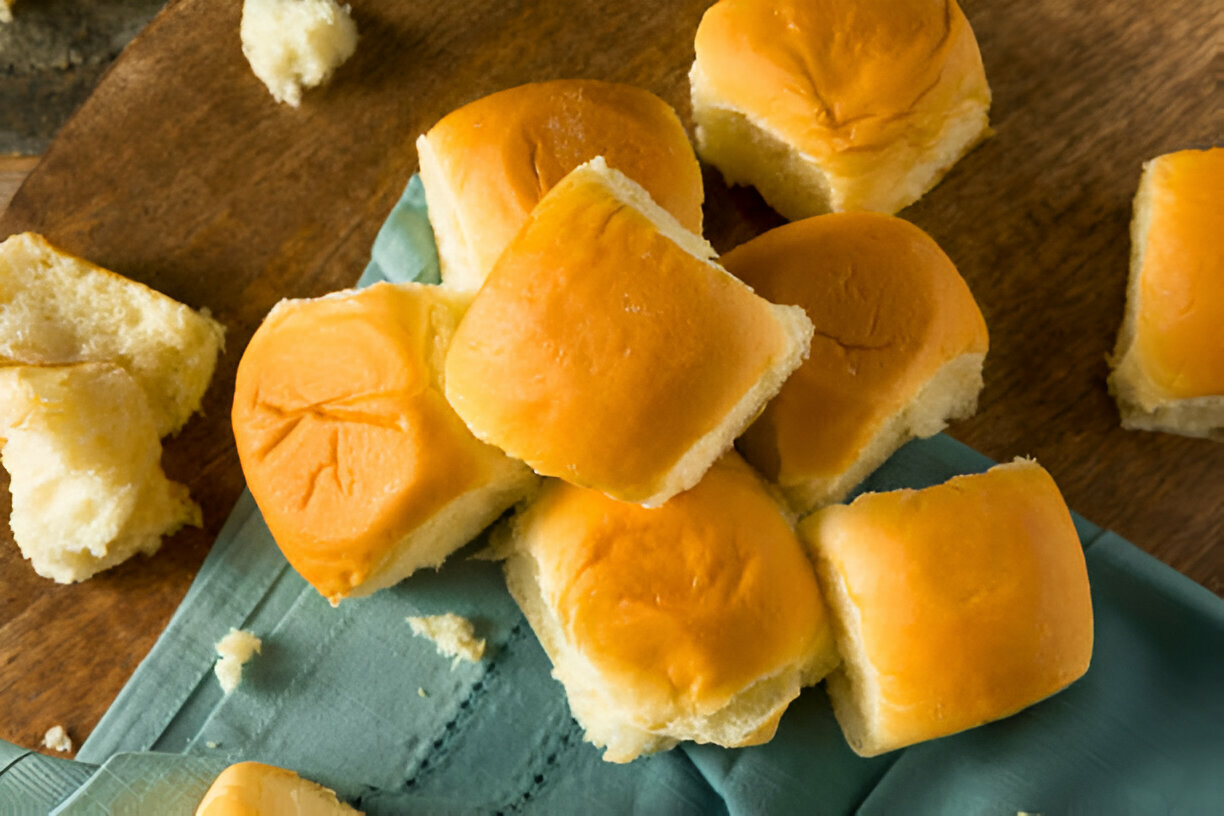It’s funny how sourdough cookies came about . They mix old school baking tricks and new flavor ideas in one bite . You start with a sourdough starter — that’s just flour and water that sat around until it bubbled up with wild yeasts and bacteria . This gives the cookies a tangy taste and deeper flavor than plain cookies . Instead of only using baking soda or powder , these cookies rise from natural fermentation . The result is a chewy texture and a sweet twist that feels kinda special .
People have been baking with sourdough for ages , back to the first breads in ancient times . Long ago , folks used wild yeasts and lactic bacteria to make bread rise . Recently , during COVID , home bakers got hooked on sourdough as a fun project . Feeding the starter and testing recipes became a little hobby for a lot of us . That’s why cookies made with discard and starter blew up in popularity .
In this write-up , we’ll dive into the world of sourdough cookies . First , we’ll explain what they are and why they’re not like normal cookies . Then we’ll look at the health perks and flavor boosts you get from sourdough . We’ll even share a basic recipe so you can make your own batch . After that , we’ll give some pro tips , show you how to change up the recipe , and answer common questions . Whether you’re new to baking or you’ve made bread forever , you’ll find something useful here !

What Are Sourdough Cookies?
Sourdough cookies are just like regular cookies but with a twist . You add a sourdough starter to the batter instead of only relying on baking soda or powder . That starter is a fermented mix of flour and water that adds a tangy flavor and more depth to each bite .
Compared to plain cookies , sourdough ones stand out for their flavor and texture . The fermentation makes them taste a bit tangy and brings out extra sweetness by adding a subtle umami note . It’s like your taste buds get a surprise with every bite .
One thing people love is the texture . Natural fermentation helps the gluten form just right , so cookies get a lightly crisp edge and a soft , chewy middle . That contrast makes them super fun to eat . Plus , you can toss in chocolate chips , nuts , or dried fruit to mix up the flavors even more .
The Benefits of Using Sourdough in Cookies
Using sourdough in cookies comes with some cool benefits . For starters , sourdough is a fermented food , so it can have probiotics that might be good for your gut (but it dont make it a health food miracle) . Also , the fermentation breaks down some of the gluten , which can help if you are a little sensitive (just dont call them gluten-free unless you use special flour) .
Flavor-wise , sourdough adds a nice tang that balances the sugar . That bit of acidity makes other flavors pop and gives a deeper taste experience than super-sweet cookies .
Another neat trick is using sourdough discard . When you feed your starter , you usually throw some away . Instead of tossing it , you can use that discard in cookie dough . This reduces waste and adds more sourdough goodness to your treats . It’s a win-win for the planet and your taste buds .

Section 3: Basic Sourdough Cookie Recipe
Ingredients
- 1 cup unsalted butter , softened
- 1 cup brown sugar
- ½ cup granulated sugar
- 1 cup sourdough starter (discard is fine)
- 1 large egg
- 2 teaspoons vanilla extract
- 2 ½ cups all-purpose flour
- 1 teaspoon baking soda
- 1 teaspoon salt
- Optional: chocolate chips , nuts , or dried fruits
Directions
Follow these steps to bake the cookies :
- Preheat oven to 350°F (175°C) .
- In a bowl , beat butter with brown sugar and granulated sugar until creamy .
- Add sourdough starter , egg , and vanilla ; mix until smooth .
- In another bowl , whisk flour , baking soda , and salt .
- Gradually stir dry mix into wet dough until just combined .
- Fold in chocolate chips or other mix-ins if you like .
- Drop spoonfuls of dough onto ungreased baking sheet , leaving space between each .
- Bake 10–12 minutes or until edges are light golden . Cool on racks .
Expert Tips and Advice
- Use a lively starter : Make sure it’s bubbly and active so cookies rise well .
- Room temp ingredients : They mix easier and make the dough smoother .
- Watch for weather : At high altitude you might need less flour ; in humid places add a bit more .
- Freeze dough : Scoop dough on a tray , freeze until firm , then store in a bag . Bake straight from freezer , adding a couple more minutes .
- Try new mix-ins : Coconut flakes , seeds , or different nuts can make it fun .
- Don’t overmix : Too much stirring can make cookies tough .
Section 4: Variations on Sourdough Cookies
Different Flour Options
- Whole wheat flour : Gives a nutty taste and more fiber .
- Spelt flour : An ancient grain that’s a bit sweet and lower in gluten .
- Gluten-free blends : Use a gluten-free flour mix and tweak liquids so dough isnt too loose .
Flavor Additions
- Spices : Add cinnamon or nutmeg for warm flavor .
- Zest : Lemon or orange zest gives a bright lift .
- Mix-ins : Dried fruits , nuts , or seeds add texture and extra taste .
Sourdough Cookie Sandwiches
You can make cookie sandwiches by baking two cookies that match in size . Once cooled , spread frosting or whipped cream on one cookie and top with the other . It’s a quick way to turn cookies into a fancier treat for any party .

sourdough cookies
Equipment
- 1 mixing bowl
- 1 electric mixer or whisk
- 1 measuring cups and spoons
- 1 baking sheet
- 1 parchment paper
- 1 cookie scoop or tablespoon
- 1 cooling rack
Ingredients
- 1 cup active sourdough starter Use a well-fed and active starter.
- ½ cup unsalted butter Softened.
- ½ cup brown sugar Packed.
- ¼ cup granulated sugar
- 1 large egg
- 1 teaspoon vanilla extract
- 1 ½ cups all-purpose flour
- ½ teaspoon baking soda
- ½ teaspoon salt
- 1 cup chocolate chips Can substitute with nuts or dried fruit.
Instructions
- Preheat your oven to 350°F (175°C) and line a baking sheet with parchment paper.
- In a mixing bowl, cream together the softened butter, brown sugar, and granulated sugar using an electric mixer or whisk until light and fluffy.
- Add the sourdough starter, egg, and vanilla extract to the mixture and mix well until combined.
- In a separate bowl, whisk together the flour, baking soda, and salt. Gradually add the dry ingredients to the wet mixture, and stir until just combined.
- Fold in the chocolate chips until evenly distributed throughout the dough.
- Using a cookie scoop or tablespoon, drop rounded balls of dough onto the prepared baking sheet, leaving enough room between each cookie to spread.
- Bake in the preheated oven for 10-12 minutes, or until the edges are golden brown.
- Remove the cookies from the oven and let them cool on the baking sheet for 5 minutes before transferring them to a cooling rack.




